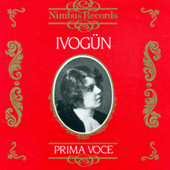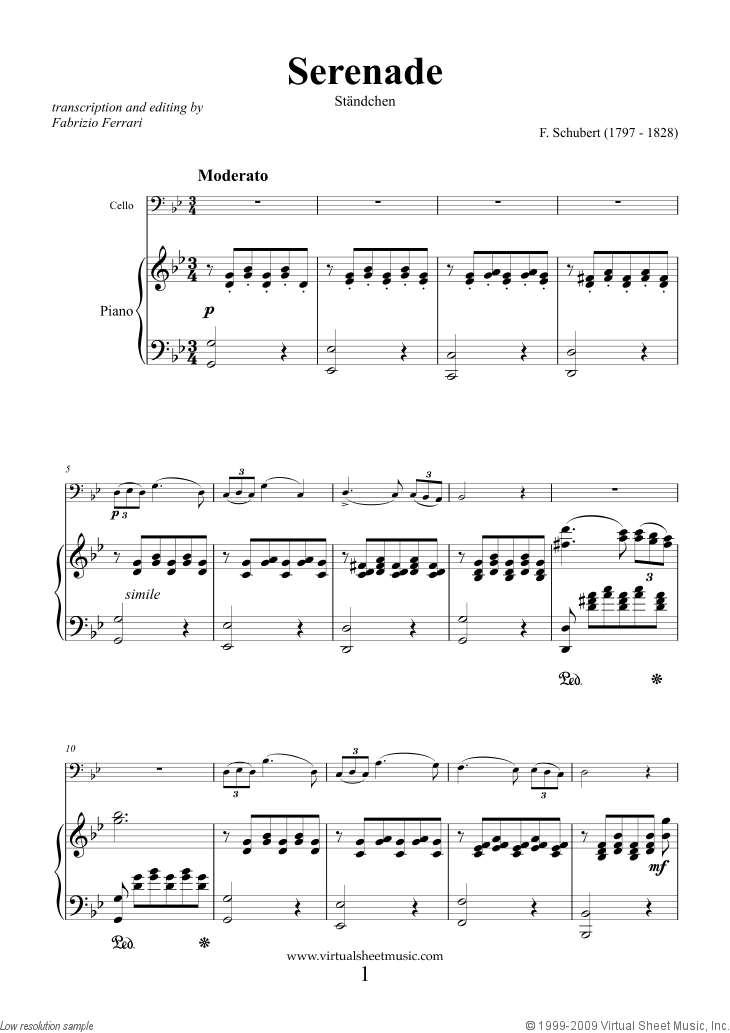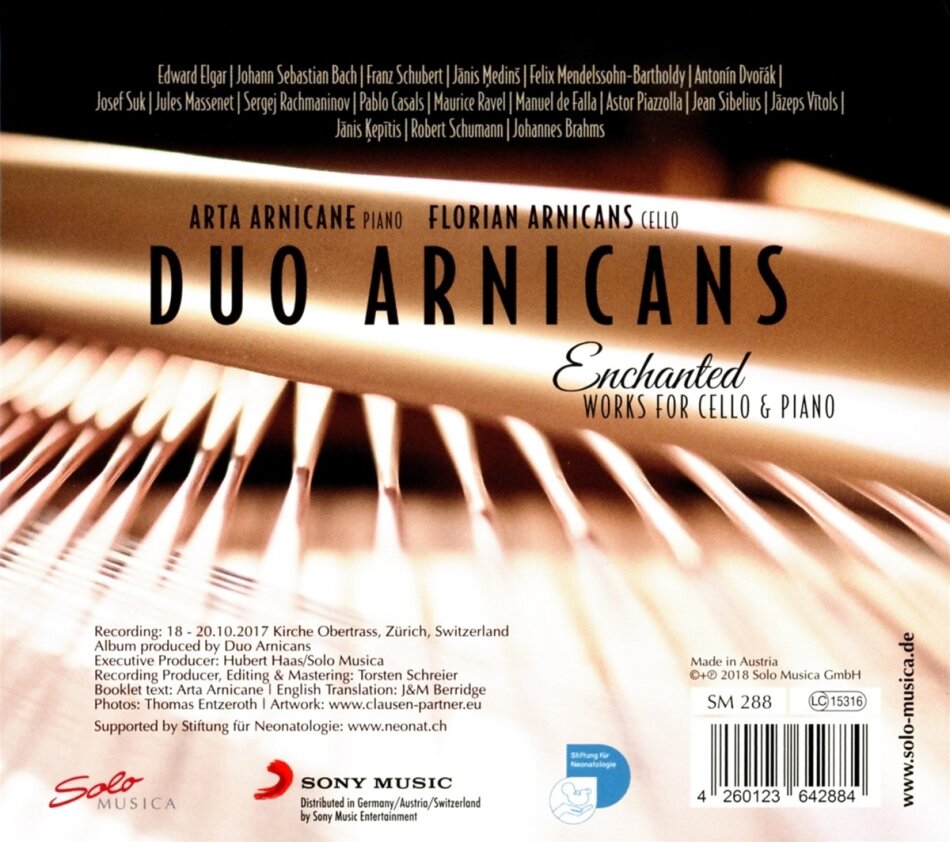

His impressive musical output continued, and his popularity in Vienna increased. Still, his fortunes during this period began to improve. While certainly a top candidate, he failed to land the job.


In 1826, Schubert applied for the job of deputy musical director at the Stadtkonvikt. He also continued to write, producing piano duets such as "Piano Sonata in C Major" (Grand Duo), and the "Divertissmement à la Hongroise." Later Years and Death In 1824, he turned out three chamber works, the "String Quartet in A Minor," a second string quartet in D minor and "Octet in F Major."įor a time, Schubert, almost constantly penniless, returned to teaching. Battling health problems, Schubert again turned to music for escape. None of the finished pieces, however, brought him the fortune he deserved or so greatly needed. His output during this time included the renowned "Wanderer Fantasy" for piano, his masterful, two-movement "Eighth Symphony," the "Die Schöne Müllerin" song cycle, "Die Verschworenen" and the opera "Fierrabras." His financial needs going unmet, and his friendships increasingly strained, Schubert's life was further darkened when he became severely sick-historians believe he almost certainly contracted syphilis.Īnd yet, Schubert continued to produce at a prolific rate. Music publishers, meanwhile, were afraid to take a chance on a young composer like Schubert, whose music was not considered traditional.īy late 1822, however, Schubert encountered another difficult period. In 1820, he was hired by two opera houses, the Karthnerthof Theatre and Theatre-an-der-Wein, to compose a pair of operas, neither of which fared very well. His composition "Quartettsatz in C minor," helped spark a wave of string quartets that would dominate the music scene later in the decade.īut Schubert had his struggles as well. He also showed himself to be a visionary. The resulting performances, as well as Schubert's other pieces, greatly expanded his popularity and appeal. Schubert's musical output also included the score for the play "Die Zauberharfe" (The Magic Harp), which debuted in August 1820. That same year, Schubert returned to Vienna and composed the operetta "Die Zwillingsbrüder (The Twin Brothers), which was performed in June 1820 and met with some success. That summer he completed a string of material, including piano duets "Variations on a French Song in E minor" and the "Sonata in B Flat Major," as well as several dances and songs. The decision to leave school teaching seems to have ushered in a new wave of creativity in the young composer.

Boosted by a wealth of late 18th-century lyric poetry and the development of the piano, Schubert tapped the poetry of giants like Johann Wolfgang von Goethe, showing the world the possibility of representing their works in musical form. Over the next year, his output included two additional symphonies and two of his first Lieds, "Gretchen am Spinnrade" and "Erlkönig." Schubert is, in fact, largely credited with creating the German Lied. By 1814, the young composer had written a number of piano pieces, and had produced string quartets, a symphony, and a three-act opera. In fact, between 18, Schubert proved to be a prolific songwriter. Schubert worked as a schoolmaster for the next four years. In 1814, under pressure from his family, Schubert enrolled at a teacher's training college in Vienna and took a job as an assistant at his father's school. In 1812, however, Schubert's voice broke, forcing him to leave the college, though he did continue his instruction with Antonio Salieri for three more years.


 0 kommentar(er)
0 kommentar(er)
